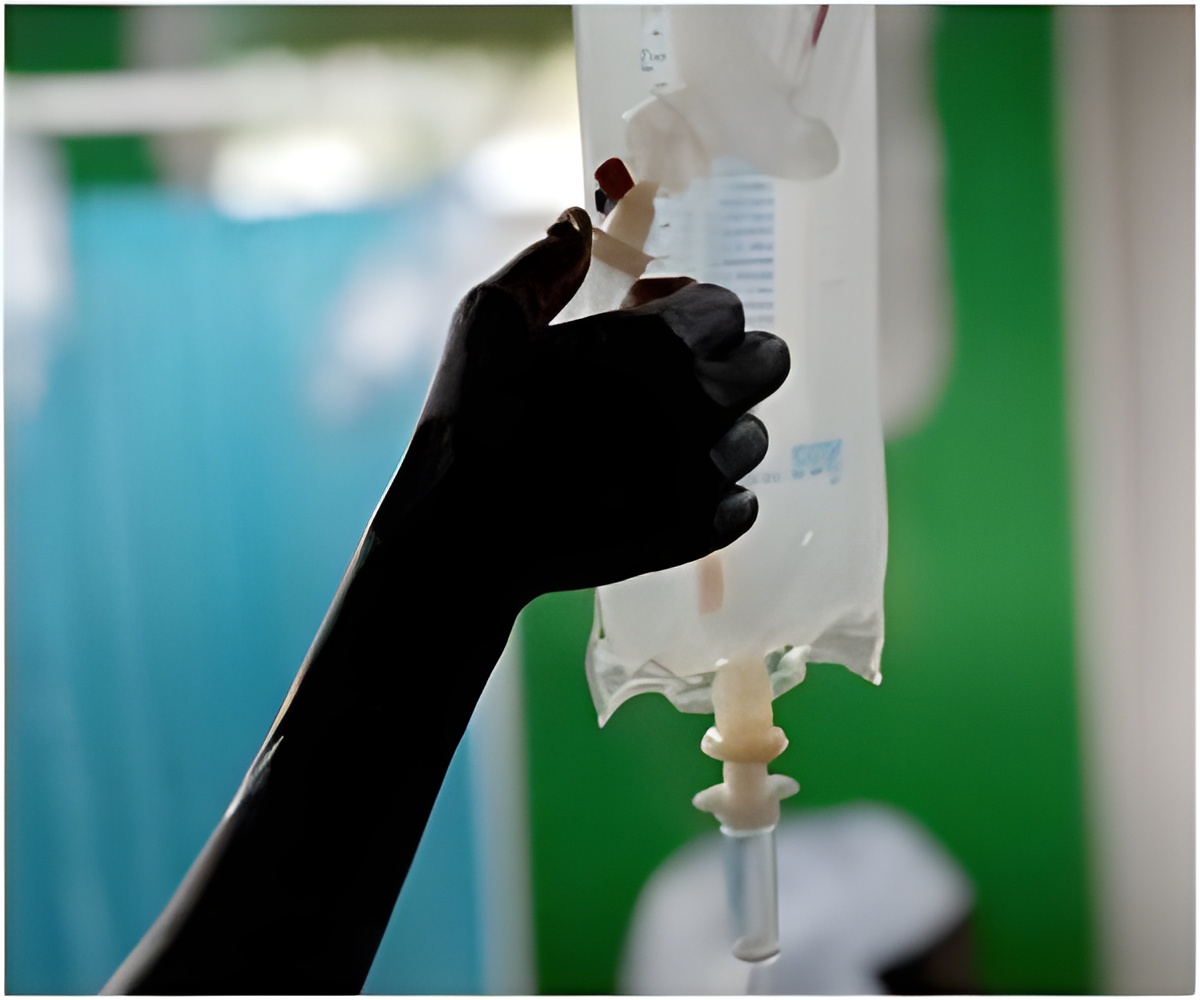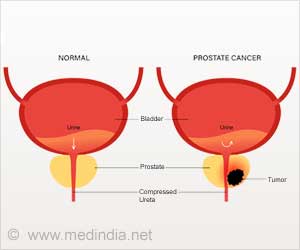In an analysis of studies that examined critically ill patients requiring an increase in blood fluid volume, intravenous use of the fluid hydroxyethyl starch was associated with adverse outcomes.

According to the article, "In 2011, 86 percent (88 of 102) of the research published by Joachim Boldt, M.D., since 1999 was retracted after a government investigation reported research misconduct reflecting failure to acquire ethical approval for research and fabrication of study data. The effect of these retractions has been far-reaching. All major systematic reviews and clinical guidelines are now being revised to account for the retracted data and permit sensitivity analyses on the remaining publications by Boldt et al."
Ryan Zarychanski, M.D., M.Sc., of the University of Manitoba, Canada, and colleagues performed a systematic review and meta-analysis of randomized controlled trials comparing hydroxyethyl starch with other intravenous fluids (crystalloids, albumin, or gelatin) for acute fluid resuscitation in critically ill patients. The primary outcomes of interest were mortality and the incidence of acute kidney injury. Additionally, the researchers investigated the influence of the studies conducted by Boldt and colleagues on these outcomes.
After a review of the medical literature, the authors identified 38 trials that met criteria for inclusion in the analysis. Two reviewers independently extracted trial-level data including population characteristics, interventions, outcomes, and funding sources. Risk of bias and strength of evidence were assessed.
The researchers found that the majority of trials were categorized as having an unclear risk or high risk of bias. For the 10,880 patients in studies contributing mortality data, use of hydroxyethyl starch compared with other resuscitation solutions was not associated with a decrease in mortality. This summary effect measure included results from 7 trials performed by Boldt et al. When these 7 trials that involved 590 patients were excluded, hydroxyethyl starch was found to be associated with a significantly increased risk of mortality (among 10,290 patients), renal failure (among 8,725 patients), and increased use of renal replacement therapy (among 9,258 patients).
"Clinical use of hydroxyethyl starch for acute volume resuscitation is not warranted due to serious safety concerns," the authors conclude.
Advertisement















